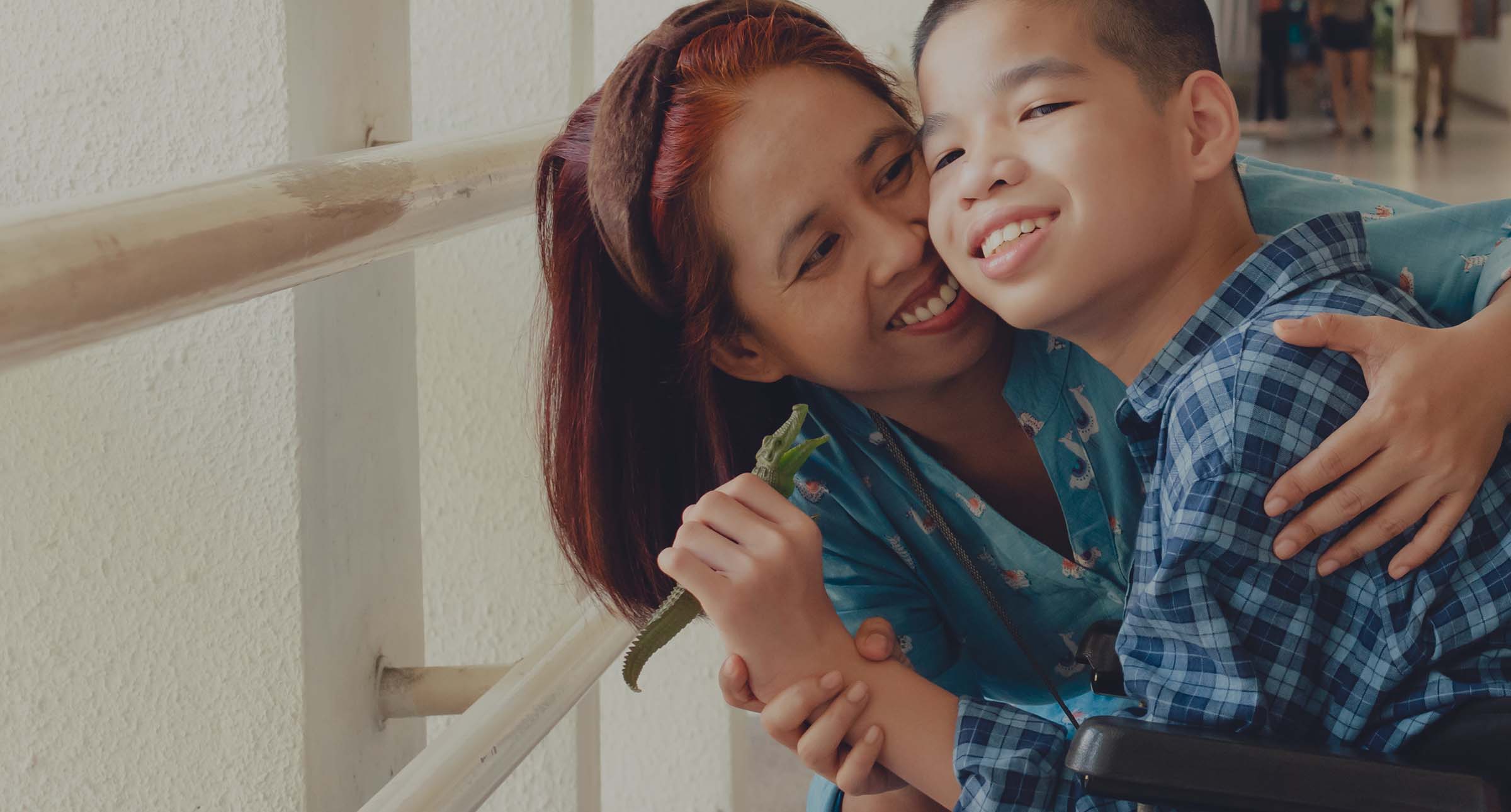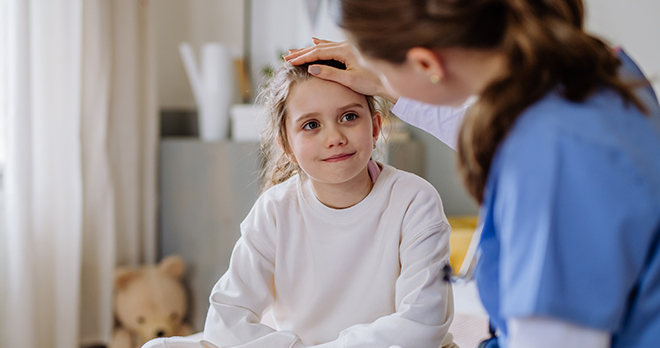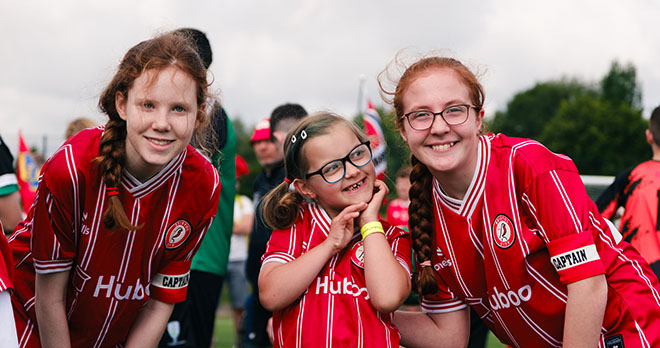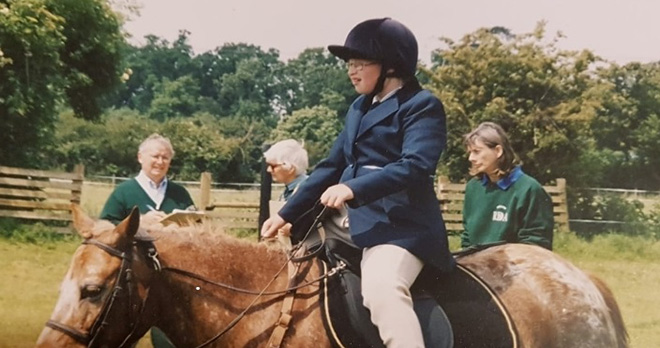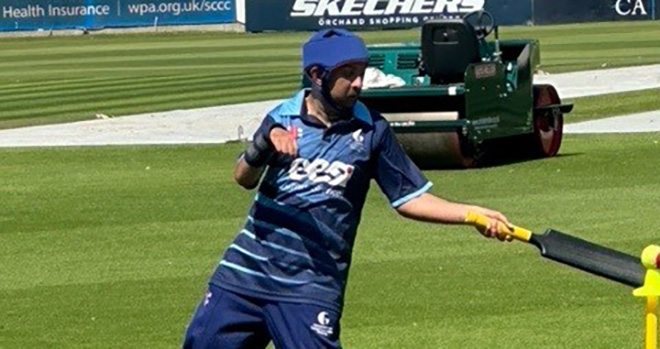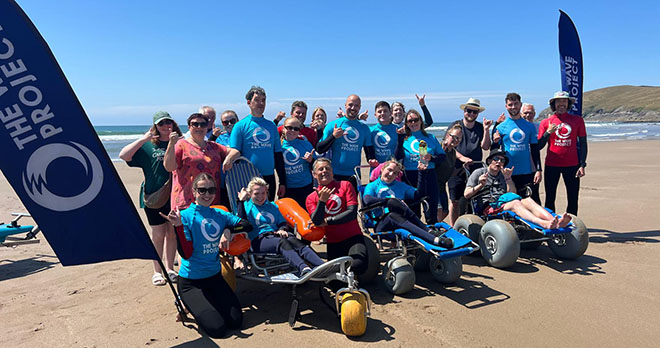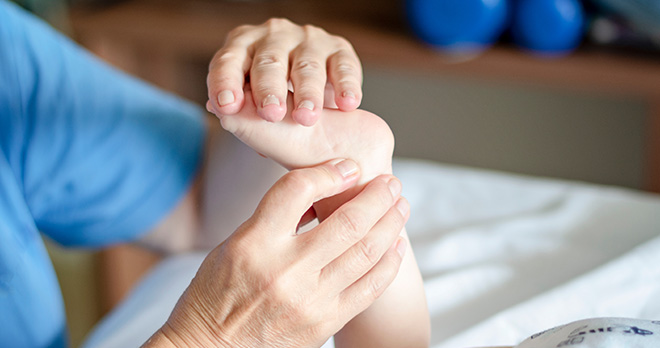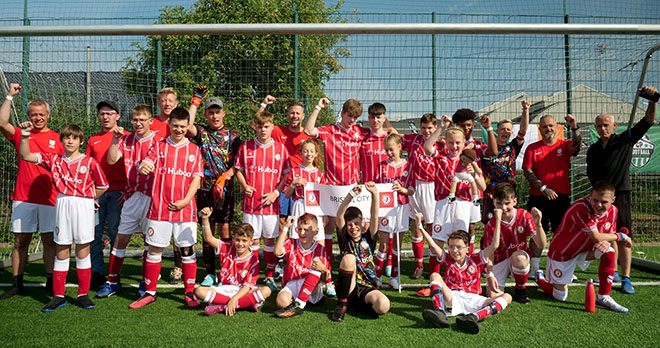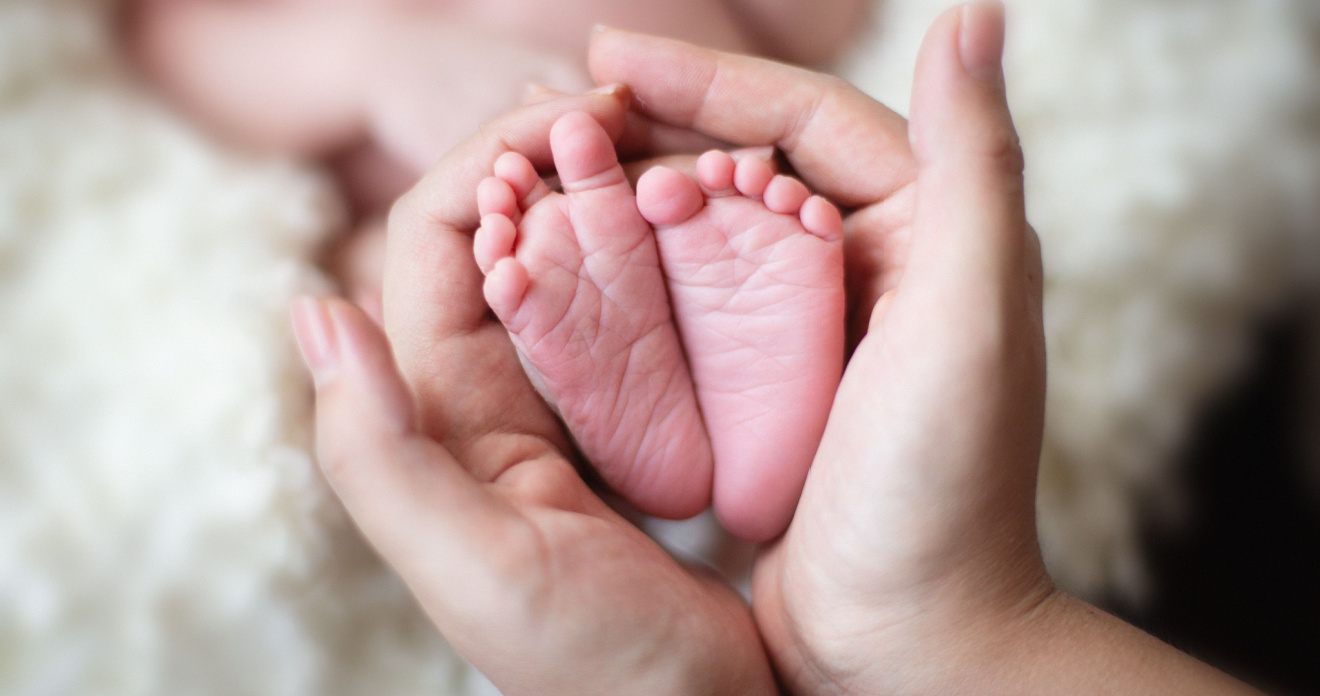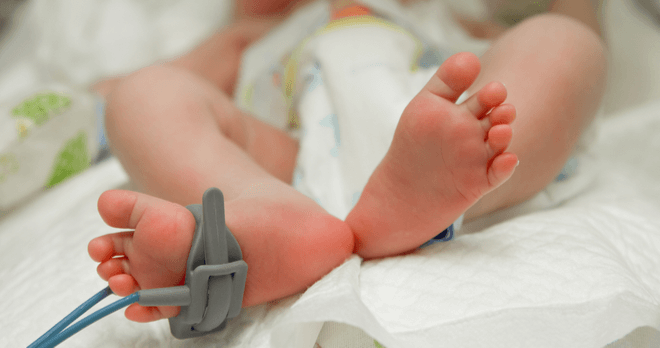Speaking with Katrina Hart about achieving her goals while living with cerebral palsy
Tell us a little bit about what you achieved and what helped you get there?
I am a Paralympian and 100m and 200m sprinter with cerebral palsy, competing in the T37 Classification. My achievements include a bronze medal from the 2012 Paralympic Games, a Gold medallist in the 2010 Commonwealth Games (100m) and a Gold Medal in the 2011 World Championships (200m).
The drive to succeed started at an early age, competing against my sisters, and spurred me onto greater challenges; this is where my competitive personality shone through.
I guess you could say that my real passion for athletics came when I was around 12 or 13 when my PE teacher (a contender on Gladiators; remember that show, sandwiched in the middle of Baywatch and Blind Date?) saw my passion for sport and always encouraged me to challenge myself on the sporting field. She probably didn’t ever think I’d become a Paralympian, she just wanted me to love what I did.
Still to this day, I remember my first PE lesson with her; I was somehow hit on the back of the head with a hockey ball, and then struck with that same ball on the same day - nearly breaking my thumb! Her lessons were just the best, especially on Fridays - everyone loves Fridays, right? It was nearly the weekend, but mine was made extra special when I had PE before lunch. Running club over my lunch break and Games in the afternoon. It was like an athlete’s dream.
What solutions did you find to help you live with cerebral palsy and achieve?
From the age of seven I can recall running around the garden racing my sisters and dreaming about winning a medal at the Paralympics. As the youngest, shortest, and with cerebral palsy (CP), it was always a tall order and dealing with challenges and finding solutions became all fun and games.
Whatever exercise it may be, from walking to riding a bike, or running a marathon, exercise is a great way to keep the mind and body active. Cerebral palsy is a condition that affects muscle tone and movement and I have found the more I am out doing exercise the ‘happier’ my body feels.
I have learned to see having CP like hanging out with your best friend (all the time). If you treat your CP the way you would your best friend you’ll get on great the majority of the time.
If I’ve eaten well, got enough sleep, got enough exercise, and generally got everything in order I don’t tend to feel having cerebral palsy is difficult. However if I’m having a bad day, I haven’t looked after my ‘friend’, slept well, haven’t eaten well or just had a bad day at work, I tend to notice my body doesn’t feel as relaxed as it should.
What I am trying to get at is if you treat your CP the way you treat your best friend by doing ‘kind things’, having CP is barely noticeable. But if you aren’t kind to your CP you won’t get a positive response back.
I feel like my home is also one of the main places I’ve learnt to adapt, find solutions, and try new things. Everyone learns to adapt in their own individual ways regardless of having a disability or not, I can’t tell you the amount of times I’ve got my hands caught in clothes driers, grated my fingers on the cheese grater or the amount of plates I’ve dropped in the kitchen. I have even gone to the effort of writing a list of Christmas presents that wouldn’t be useful for me with my CP when I was a kid!
With practice and perseverance though - and just being plain stubborn! - I am getting good at doing shirt buttons up one handed, and am now a dab hand at doing the buttons up on my duvet at lighting speeds.
To date my favourite solution I have found though was whilst I was competing in Australia at the 2018 Commonwealth Games. I was busy shopping for souvenir and came across a holder that you can carry a bottle and two glasses with one hand. If you have CP, you will understand my frustration when trying to carry three things in one hand!
How do you hope to see things change with more awareness of cerebral palsy?
Sport has literally changed my life. I think it has given me a drive to succeed in whatever it is I do and to always try new things. I would therefore like to see more people with disabilities get involved in sport and explore new avenues. It has taught me so much: it has taught me to find your passion and work hard to achieve your targets, to enjoy what you do and not to give up on your goals – all valuable things when you are living with a disability like cerebral palsy.
Regardless of having a disability, I was very lucky; I never saw my life as any different to anyone else’s. My sisters and I would always have competitions between each other and, being the youngest, smallest, and having cerebral palsy made things a little more challenging. Beating them would always be a tall order but I think that’s where my competitive spirit has come from and I don’t think that will ever change.
If you have any questions about cerebral palsy and making a claim for compensation, please contact our enquiries team.
Call now
